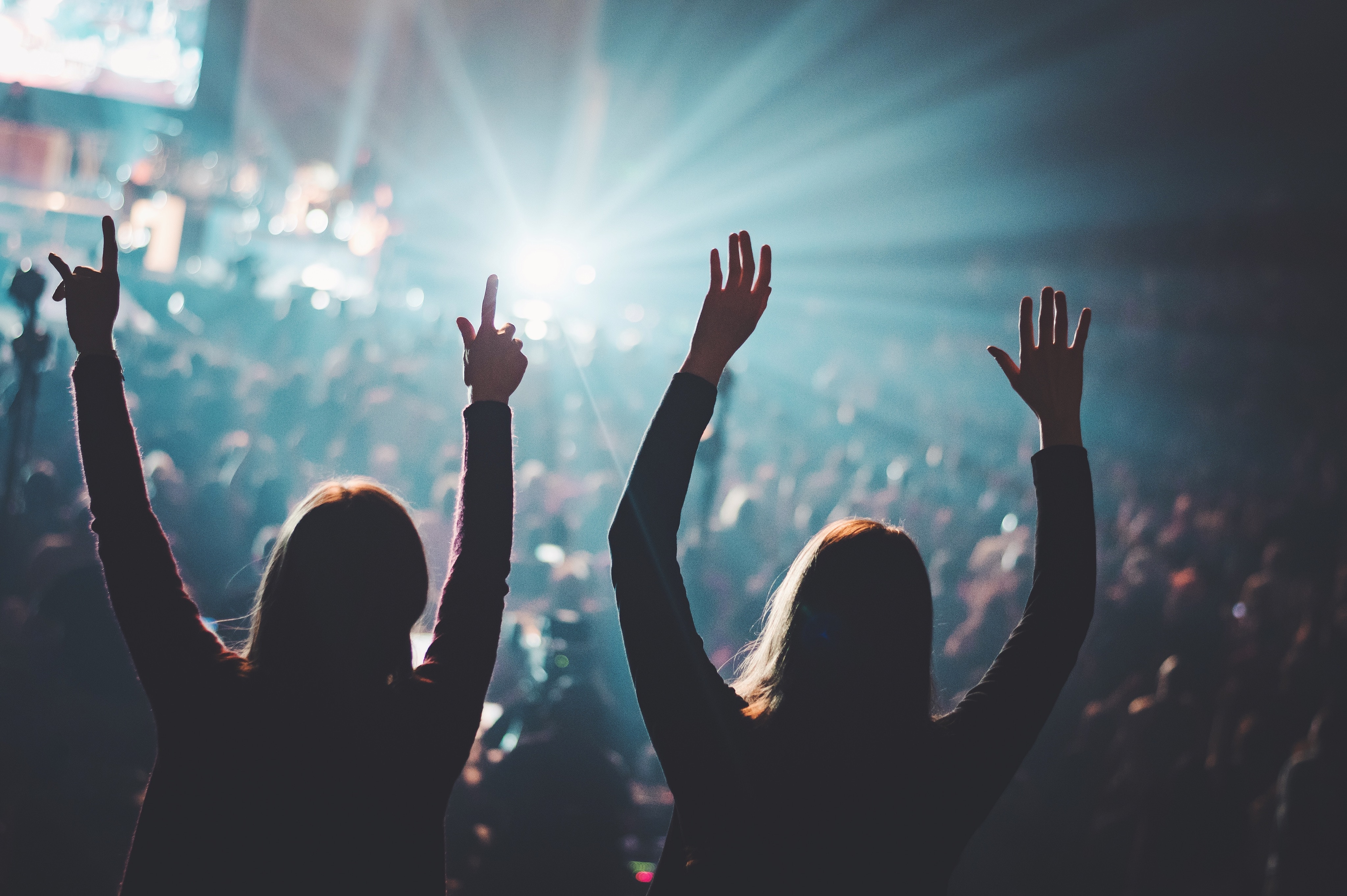Last year, I lost a friend to an opioid use disorder. I think about her every day: who she was when I knew her best; what kind of a life she could have had; how, even though it was improbable (but not impossible), we could have reconnected and rekindled our friendship. This year, I am older than her for the first time. There are few birthdays I remember, and hers is one of them, even though we last spoke 9 years ago. In middle school, I would call her dad every January 2 to see which CDs he had gotten her so I could add to her music collection in time for her birthday: Head Automatica, Panic! At The Disco, Sum 41, Yellowcard, Glassjaw, just to name a few.
She was brilliant; a true math whiz who could absorb a formula, proof, or law in the blink of an eye. I still remember the day when she taught me how to use pues correctly in Spanish class. I remember our inside jokes and shorthand (POP, for “Peace Out, Punk!”). Most of all, I remember how kind she was; not just to me, but to everyone, which is hard to do in middle and high school.
I remember the ache I felt when I drove her around our hometown in summer 2009—the last time we talked. I had taken my parents’ Jeep Wrangler out for a spin with my freshly printed license (I was a late bloomer for driving), and I saw her walking alongside the road, with a gait so familiar that I could still pick her out of a crowd. I pulled over and asked if she needed a ride. She got in and asked me to drive her to work at a local garden center, but could we first stop at 7-Eleven? While I drove her, she told me everything that had gone on in the past 2 years since we had seen each other at graduation: “casual” underage drinking had led to harder drinking, which led to “party” drugs then harder drugs, and ultimately to heroin.
I think what most think after a tragic death: I could have been a better friend. I could have forced myself back into her life. I could have reached out and told her that I cared. Honestly, I think I sound like a narcissist—a self-important nobody trying to claim ownership on someone I no longer knew.
But we were friends once. We would sit on the phone for hours, watching the same shows and movies, sharing our commentary freely with one another. We would sing our favorite songs, we would talk about boys we liked, we would be young and unselfconscious. We sat on the bus together every day. We would walk along the beach and talk—I vividly remember one conversation about how a roller coaster operator had mistaken her Independent brand t-shirt for a Kelly Clarkson song (Miss Independent)—a true tragedy for two pop-punk loving high schoolers. We sometimes accidentally wore the same Pacific Sun to school (I remember she hated when it happened, and I loved because it meant we were so similar, so connected).
Her recovery journey was complicated, as many journeys are. Medication-assisted treatment seemed to be one of the treatment strategies that helped her best, but the availability and capacity of treatment providers coupled with financial strains was a significant barrier for her recovery. It devastates me that she was not able to access the treatment she was seeking. I grieve for her and her family—thinking about who she was and who she could have been. Quite simply, I miss her.
I do now what I feel I should have done before: I visit her mother, I think of her often, I spread information about options for treatment, and I correct misinformation about substance use disorders or discriminating language when I see it. Recovery is individualized and possible—everyone deserves to know and achieve it.
Are you looking for information on a substance use disorder or treatment options? Contact SAMHSA’s National Helpline for information and referrals: 1-800-622-HELP (4357). The service is free, confidential and operates 24 hours a day, 7 days a week.


